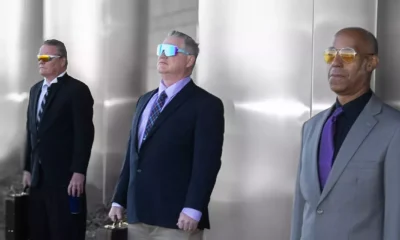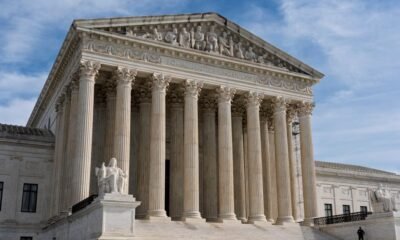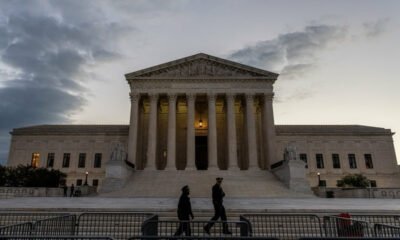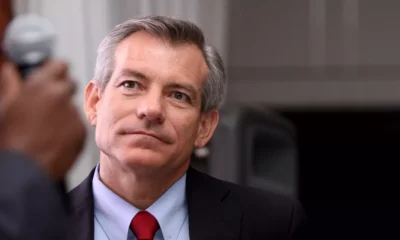News
DC Circuit Challenges Arguments on Trump’s Transgender Troop Ban Amid Supreme Court Showdown
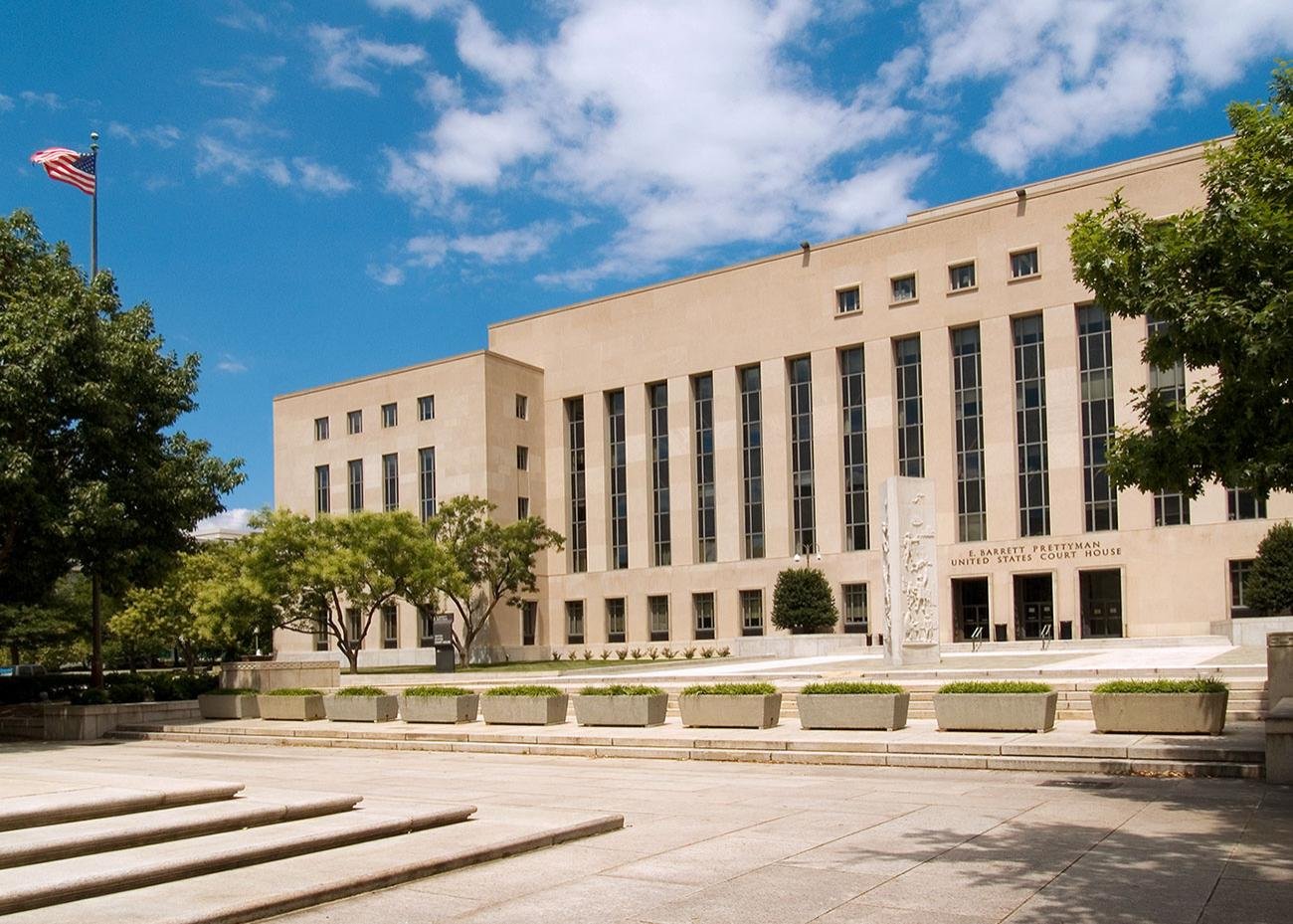
A three-judge panel from the U.S. Court of Appeals for the District of Columbia Circuit engaged in a vigorous discussion on Tuesday regarding the Trump administration’s ban on transgender service members. The panel scrutinized both the government’s arguments and those presented by attorneys representing the military personnel opposing the ban.
Concerns were raised about the lack of evidence provided by the Defense Department to justify the prohibition. One judge highlighted the broad scope of the lower court’s injunction, questioning its application beyond the individuals who initiated the case. The appeal stems from a ruling by Judge Ana Reyes, a Biden appointee, who impeded Trump’s January executive order, which sought to reinstate the ban.
Eight active-duty service members alongside others pursuing enlistment filed the lawsuit against Trump and Defense Secretary Pete Hegseth, among others. The controversial executive order contended that adopting a gender identity differing from one’s biological sex undermines the core tenets of military service.
U.S. Justice Department attorney Jason Manion indicated that the administration plans to escalate a related case to the Supreme Court imminently. Discussion during the hearing centered on whether the government could substantiate its claims that transgender individuals are unfit for military roles, and whether the ban applies universally to all transgender service members or solely to those diagnosed with gender dysphoria.
Judge Cornelia Pillard probed the rationale behind maintaining such a ban, asking if similar policies would apply to arbitrary characteristics like hair color without substantial evidence. Manion defended the policy as being rooted in the belief that transgender individuals experience severe clinical distress, which affects service capacity.
Judges also explored the principle of military deference, suggesting that courts traditionally respect the military’s judgment in matters of national security. However, Pillard countered that existing mental health standards already effectively regulate those unfit for service, implying that the concerns might not be exclusive to transgender individuals.
Judge Neomi Rao argued that the broad nature of Reyes’ order may constitute judicial overreach, asserting the government is likely to succeed in contesting the injunction. Rao pointed out that the preliminary ruling applies universally rather than only benefiting the plaintiffs.
Civil rights attorney Shannon Minter highlighted the fundamental injustices inherent in the policy, stating that its categorical nature perpetuates negative stereotypes about transgender individuals. This case underlies a growing sentiment that such discriminatory policies must not stand.
In related developments, the 9th U.S. Circuit Court of Appeals recently upheld a lower court’s ruling affirming the rights of transgender service members to remain in military service. As the government’s pursuit of Supreme Court review moves forward, advocates stress the continued commitment to defending the rights of transgender individuals in the armed forces.
Lambda Legal and the Human Rights Foundation, representing clients in the 9th Circuit case, reaffirmed their dedication to addressing this critical issue. They emphasized that transgender service members have consistently demonstrated their capability and service to the nation over the past decade, and expressed hope that the Supreme Court will reject any attempts to reinstate discriminatory practices.


